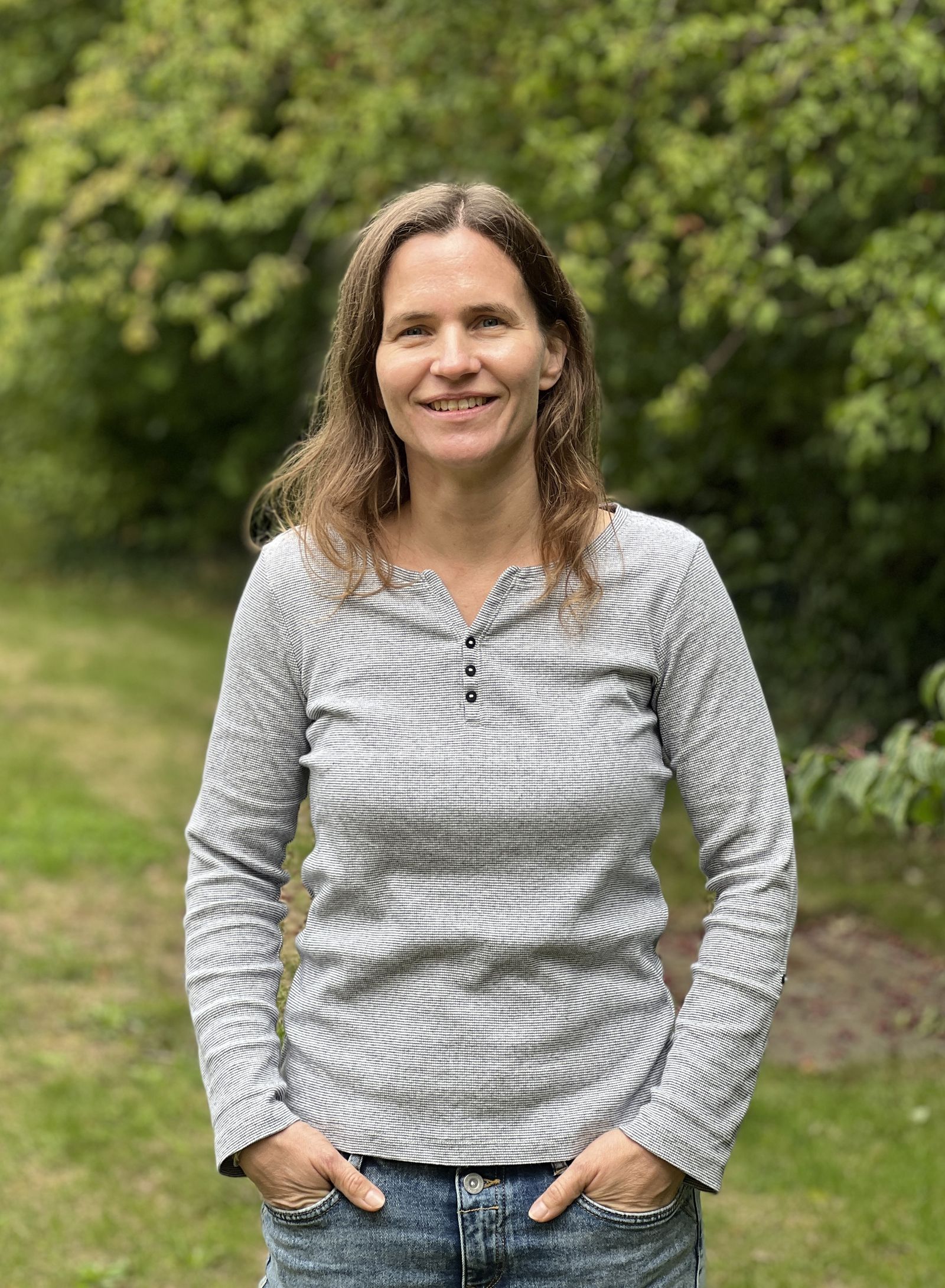Interview Tatjana Hildebrandt
Tatjana Hildebrandt was appointed to the W2 professorship position on "Plant Metabolic Biochemistry" at the Institute of Plant Sciences, University of Cologne, in summer 2022. In an interview she tells us about the focus of her research and what she likes most about Cologne.
Where did you work before and what has been the focus of your research so far?
I did my PhD at the Heinrich Heine University in Düsseldorf and then moved to the Leibniz University Hannover to establish my own independent research group within the Department of Plant Proteomics (Hans-Peter Braun) funded by a DFG “Eigene Stelle”. My main research interest is amino acid metabolism in plants. We use biochemical and systems biology approaches to elucidate metabolic pathways and to understand their role in plant-environment interactions. To date, we have identified the individual reaction steps of a mitochondrial degradation pathway for the amino acid cysteine. This metabolic pathway is particularly relevant under light deficiency conditions and affects plant pathogen resistance. In addition, we have compiled an overview of the amino acid degradation pathways present in plants. On this basis we are investigating protein and amino acid metabolism in quantitative approaches under growth conditions that lead to increased protein turnover, such as drought stress or germination.
"The enthusiasm for science and the ease of collaboration within CEPLAS had become obvious in conversations with individual members."
What were your main reasons to join CEPLAS?
CEPLAS is a large and highly diverse community of plant scientists with a strong focus on fundamental research that is second to none in Germany. The enthusiasm for science and the ease of collaboration within CEPLAS had become obvious in conversations with individual members and fascinated me from the start. This impression was then absolutely confirmed upon closer contact and I am thrilled to be part of this great community now.
"We aim to identify biochemical mechanisms and pathways involved in amino acid sensing and signaling in plants."
What will be your research focus at CEPLAS?
We will continue our research on plant amino acid metabolism, focusing particularly on regulatory functions during plant development and interactions with microorganisms. Various post-translational modifications are closely linked to amino acid metabolism. We aim to identify biochemical mechanisms and pathways involved in amino acid sensing and signaling in plants. My research group is in the process of establishing a proteomics unit and we will also be happy to contribute methodologically to CEPLAS.
Have you already settled in well in Cologne and at the University? What do you like most about Cologne?
I received a very friendly and open welcome at the University of Cologne and have already met many nice and helpful people. This made me feel very comfortable right from the start. Little by little, I am also becoming familiar with the premises and administrative peculiarities of the university and feel at home here. I like the green belt around the university with its beer gardens, playgrounds and sports facilities. So far, I haven't been able to explore much more of Cologne, but that will follow once we get settled in at home and in the lab.
